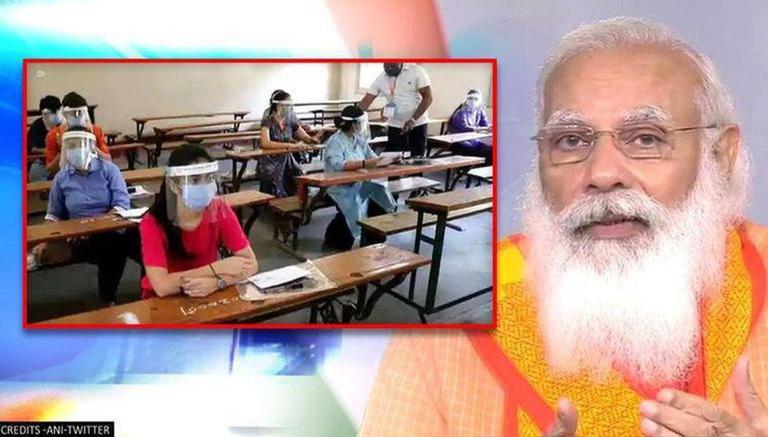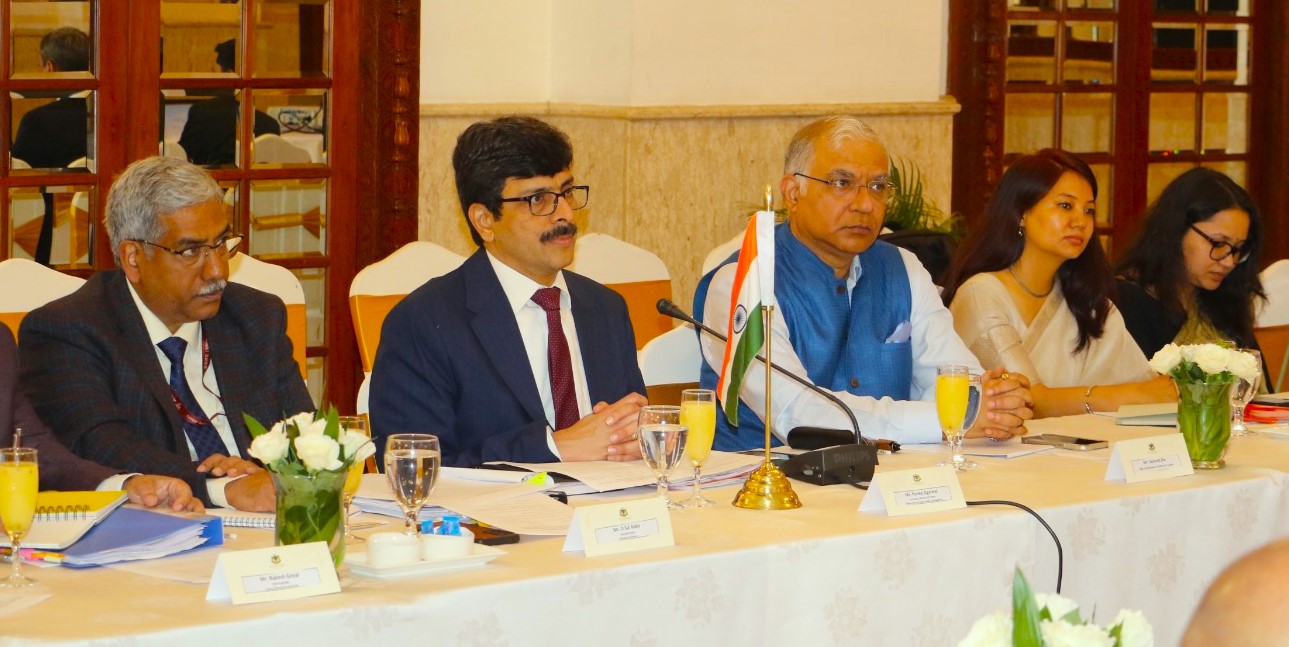Minutes after Prime Minister Narendra Modi’s June 1 announcement cancelling CBSE Class 12 examination for the year, social media platforms exploded with celebratory memes.
The jubilation, though, is temporary. The board is now in the process of planning an alternate model of assessment based on internal tests conducted by schools.
Will the final marks be an average of the past three years or of the year-long tests, projects and the pre-board exams?
Will that be fair to those who were preparing to improve their scores in the final exams? While students claim that such marks may be unfair, teachers see this as an opportunity to bring about change in the education system.
Time for a change
Internal assessment of students can give a fair idea of the learning abilities and potential of students rather than performance in one examination. “An internal result would suffice, as per the board’s formula, for their future admissions since a student’s performance over the whole year gives a more or less realistic picture of their attitude,” says Mathews Thomas, founder of the All India Educators Forum, a group of 25,000 teachers from over 1,000 schools from across the country.
The move brings the mental health of students into focus. Several students have been suffering from anxiety over whether exams will be held or not and have not been able to enjoy the time that would have otherwise been a post-exam vacation. While anxiety related to illness and deaths is a concern, Devika Kapoor, a counsellor and psychologist based in Mumbai, says that anxiety also stems from the emphasis put on examinations. “While students must be experiencing anxiety about the future, it is a good opportunity to pause and reflect on the amount of importance that we place on academics in this country and the pressures that come with that. This decision should prompt lawmakers and academicians to re-evaluate the education system as a whole,” she says.
Educationists stress on this decision as an opportunity to re-evaluate the concept of board exams which are seen as all-important milestones in a child’s educational life. “A three-hour paper exam is not a good judge of a student’s capabilities,” says Yogita Kapil, principal, academics, Delhi Public School, Sahibabad, saying that students can fall ill during the board exams even in non-Covid times which can impact their performance. “It has opened the door for a paradigm shift in evaluation. Assessment should be a cycle throughout the year,” she says
Doing away with board exams could pave the way for more entrance exams for colleges and universities to accurately judge the potential, interests and capabilities of students. “It is time we rethink the class 10 and 12 exam madness and look at this as an opportunity to make education more enjoyable and interesting rather than competitive. We should rethink how we deal with the questions of evaluation, learning, application and relevance. We should have exams at the entry level rather than the exit level,” says Prasad Shetty, dean of the School of Environment and Architecture in Mumbai.
What next?
Students and academic counsellors, however, fear that an assessment model which takes an average of the entire year’s tests may lead to an unfair basis for college admissions. “It may have a long-lasting impact on the academic cycle and inequality will be there, causing incompetent students to get admission in good colleges leaving behind the meritorious ones. After this move, universities should also revise their cut-offs and give ease in the admission entrance test,” says Anurag Gupta, co-founder at STEMROBO Technologies, an ed-tech company that conducts online classes.
Most students are concerned about the admission criteria. While those aspiring to study engineering, architecture and medicine have exams such as the JEE and NEET and other common entrance exams, students of arts and commerce, in particular, believe that a score based on internal assessment might impact their admission to colleges. “Exams should be intelligently structured such that every answer is different. So, one does not evaluate on the correctness of the answer but on the approach taken by the student,” says Shetty.
An average score that takes into account marks of the past two or three years may not mean good news for many students who start studying with more seriousness only before the board exams. It’s a very wise decision but bright students might be at a disadvantage. Most schools set very difficult papers in Class 11 to prompt students to balance their time between studying and physical activity. These students fare very well in the board exams,” says Kapil.
While several international universities have their own admission process, class 12 marks are often taken into consideration. “Students who wanted to improve their performance from their past performance do stand to lose but a student who has been consistent over the years has nothing to lose,” says Sumeet Jain, co-founder of Yocket that offers consultancy services for foreign education.
There is a proposal under consideration to allow students to take an offline exam at a later date if they are not satisfied with the score given by the school now. But this decision has left a few students worried since most colleges and foreign universities will start the admission process in a few weeks and an exam score that comes several months later will have no value.

Surjitt Sahani











